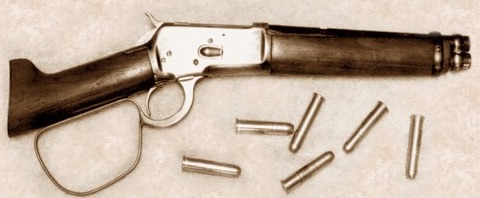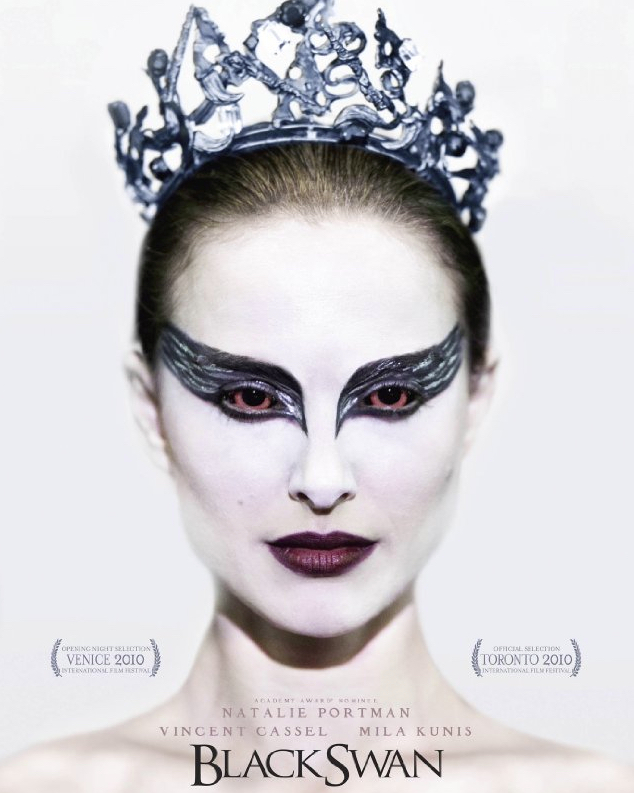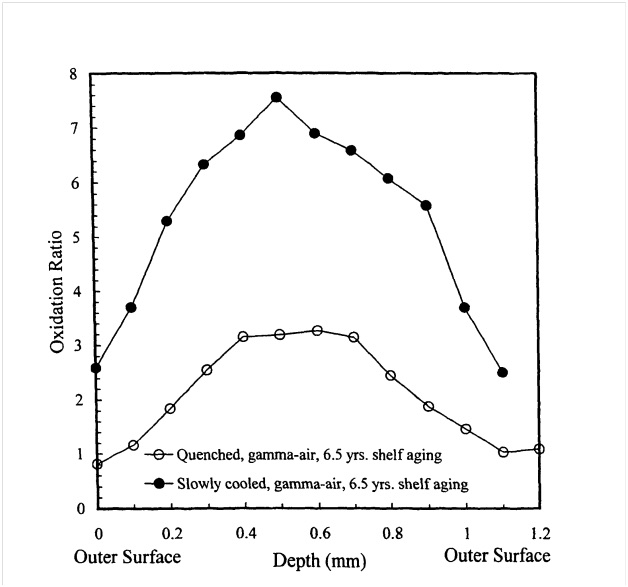New Albany, IN – Magistrate Judge William G. Hussmann of the Southern District of Indiana has denied a Motion to Quash Subpoena filed by Defendant Doe No. 2 in First Time Video v. Indiana John Does 1-18. A copyright infringement attorney had filed a motion to quash subpoena on behalf of John Doe Number 2. Copyright lawyers for First Time Video did not know the names and addresses of the person who allegedly committed copyright infringement by downloading adult videos and had named 18 “John Does” when the suit was filed. First Time Video then served subpoenas on the internet service providers seeking the names and addresses of certain IP addresses which were alleged to have downloaded the copyrighted works. John Doe 2’s copyright attorney argued that the internet service provider subpoena should be quashed because it sought protected information and the subpoena was unduly burdensome.
and had named 18 “John Does” when the suit was filed. First Time Video then served subpoenas on the internet service providers seeking the names and addresses of certain IP addresses which were alleged to have downloaded the copyrighted works. John Doe 2’s copyright attorney argued that the internet service provider subpoena should be quashed because it sought protected information and the subpoena was unduly burdensome.
The court’s order denied the motion to quash, meaning the internet service providers can be expected to turn over the names and addresses of the subscribers with the IP addresses that First Time has identified. The court’s order also reveals that John Doe 2 claims to be a woman who denies downloading the adult video. While denying the motion to quash, the Court made a very interesting notation at the end of the order:
The Magistrate Judge notes Doe No. 2’s concerns that the disclosure of her identity can lead to unwarranted embarrassing public disclosures, extortion-like attempts to force settlements, or lawsuits brought against defendants who have no liability. Those concerns are not far-fetched. However, the Rules of Professional Responsibility and Rule 11 of the Federal Rules of Civil Procedure stand as barriers to such conduct. Plaintiff’s attorneys are admonished to carefully consider these rules before determining what use to make of the information garnered from the Subpoena.
This case was previously blogged about by Indiana Intellectual Property Law News when it was filed. This is one of three suits currently pending in the Southern District of Indiana that are copyright infringement suits alleging infringement of adult videos by Indiana John Does using the BitTorrent“distribution protocol”.
Practice Tip: Pursuant Federal Rule of Civil Procedure 45(c)(3), the Court could quash a subpoena if it requests protected information or if it is unduly burdensome. The court here noted “there is no expectation of privacy in Internet subscriber information because it has already been exposed to a third party, the Internet Service Provider.” Regarding the undue burden argument, the court noted “Courts that have addressed this issue have concluded that the issuance of a subpoena to the Internet Service Provider of putative defendants does not create an undue burden on the putative defendants because they are not required to produce anything.”
 Indiana Intellectual Property Law News
Indiana Intellectual Property Law News










